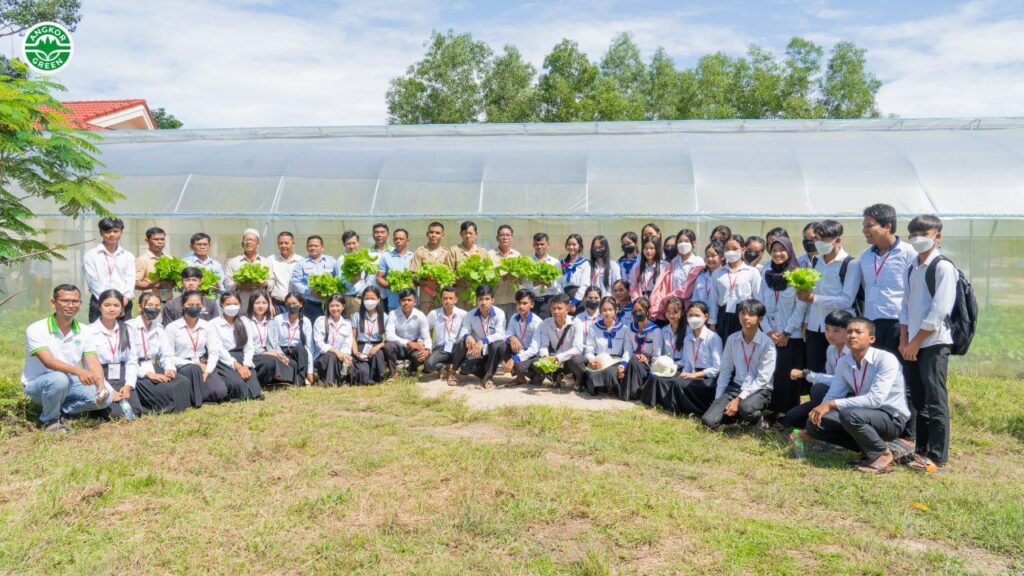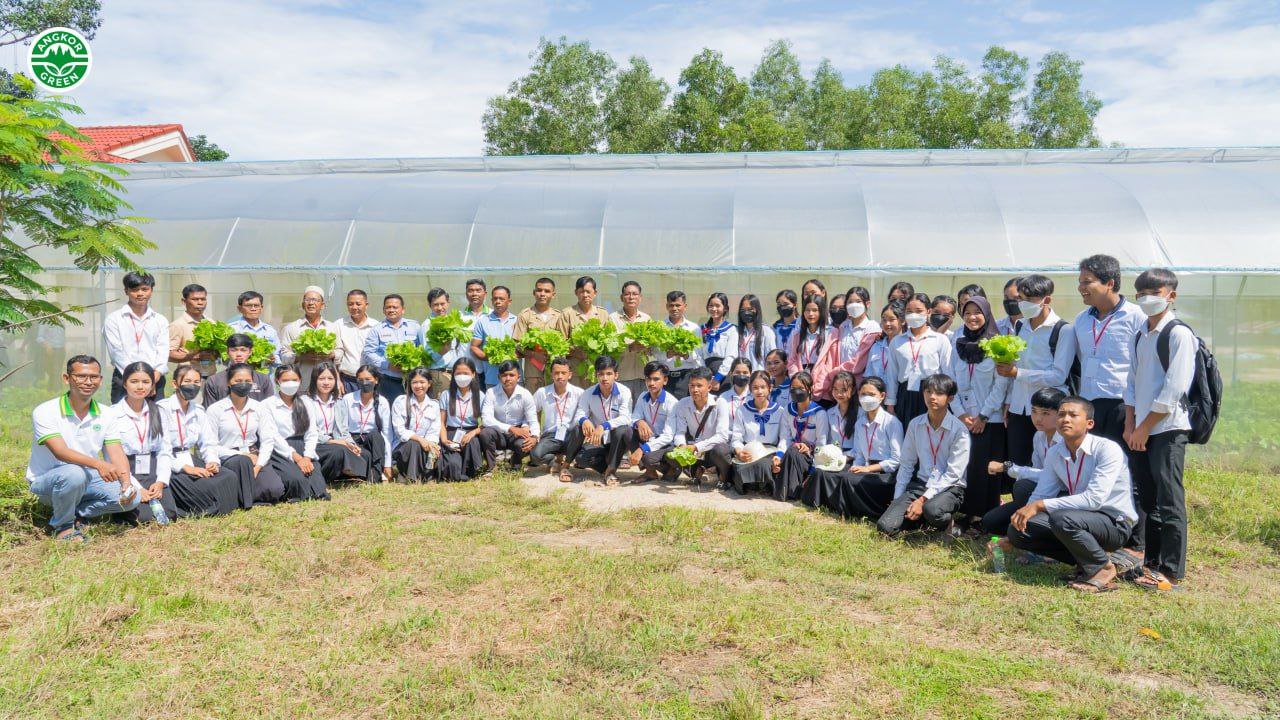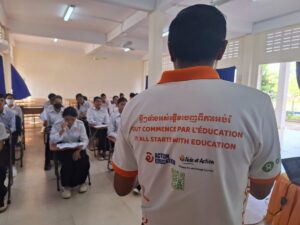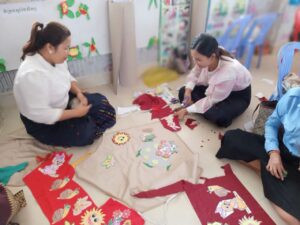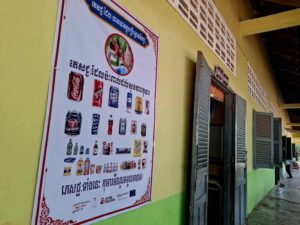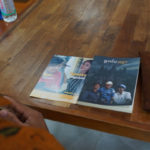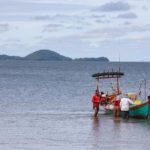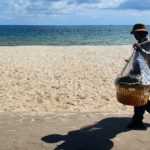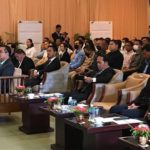Cambodia is rich in natural resources and biodiversity, yet it faces significant challenges from climate change, deforestation, and economic vulnerabilities. These harsh realities threaten local ecosystems and hit rural communities the hardest. Greenhouses in schools are transforming classrooms into thriving hubs where students learn how to strengthen livelihoods and build the resilience of their communities.
In Kep, Kampot, Koh Kong, and Sihanoukville, rural communities often struggle with unstable incomes, relying on farming or fishing – industries that are both vulnerable to environmental degradation. These coastal areas are directly impacted by climate change, with extreme weather, droughts, and flooding threatening agricultural productivity and food security. In addition, there is limited access to modern technologies and quality education, especially in green growth and entrepreneurial skills.
To address these challenges, there is a pressing need for sustainable livelihood initiatives. At the core of the CO-SAVED project, co-led by Action Education / Aide et Action (AEA) and co-funded by the EU, is a commitment to fostering inclusive, environmentally-friendly economic growth. We focus on boosting local economies by empowering communities to manage their resources sustainably and build resilience.
Our goal is to unlock the full potential of local communities, enabling them to lead their own development, secure their livelihoods, and thrive in a changing world.

Rooted in Resilience: Greenhouses in Schools
As part of our efforts, co-impact investment funds support Micro, Small, and Medium Enterprises (MSME), like Angkor Green which installed two greenhouses at Bokum Sakor and Prek Smach schools in Koh Kong. These greenhouses are more than just farming structures – they are hubs of education, ecological awareness, and economic empowerment.
Beyond the traditional curriculum, students are actively learning how to mitigate the effects of climate change. They cultivate the land using methods that promote self-sufficiency, protect the environment, and foster sustainability. Through hands-on experience in smart agriculture, sustainable farming, and business skills, they are gaining the knowledge and tools necessary to address today’s environmental emergency.
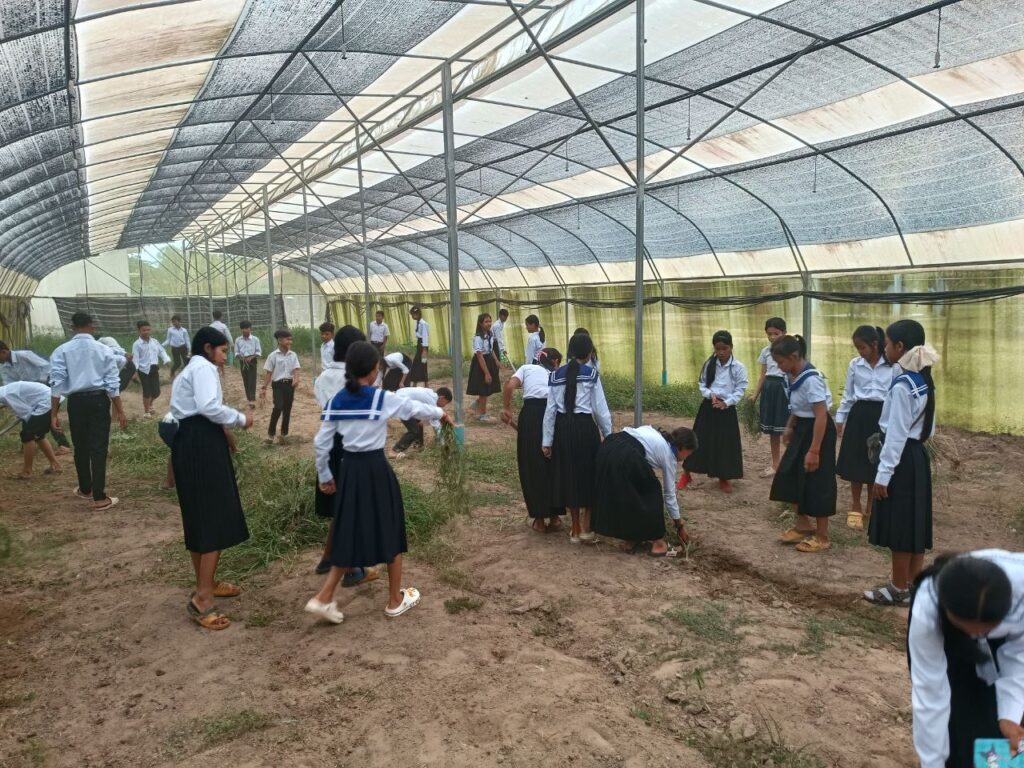
Seeds of change: A hopeful path forward
Importantly, local youth in Cambodia are stepping up to play a vital role in the global fight against climate change by developing a sustainable model for local food production. The greenhouses, equipped with efficient irrigation systems, conserve water and enable crops to thrive even in Cambodia’s hot and unpredictable climate. These youth are also becoming advocates for ecological awareness, environmental conservation, green growth, and sustainable living.
This project isn’t just about providing a temporary fix – it’s about creating lasting change.
Students don’t just learn about growing vegetables, they are planting the seeds of a sustainable future. They learn how to put food on the table, sell surplus produce, and create an income. The entrepreneurial skills they develop today will allow them to build an economy rooted in sustainability. They’re a catalyst for change – strengthening local food systems, promoting environmental awareness, and creating new economic opportunities.
Together, we are not just cultivating crops – we’re building a climate-conscious world for all. We’re growing knowledge, and opportunity. This is climate justice in action.
